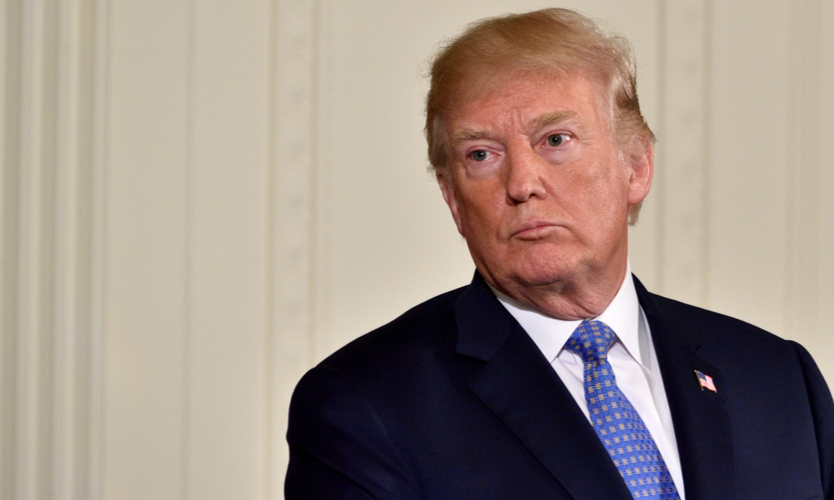More questions than answers for OSHA with second Trump term
- August 19, 2025
- Posted by: Web workers
- Category: Workers Comp

The first Trump administration was marked by fewer Occupational Safety and Health Administration inspectors, no appointed head of the agency, and a halt in the development of hazard-specific safety standards.
“We know a little bit more about what to expect from a Trump administration because there’s been a Trump administration previously,” said Eric Conn, founding partner of Washington-based Conn Maciel Carey LLP.
“We have a lot of experience with the pendulum swing from Democratic to Republican administrations and the impact that has on OSHA. So… we’re expecting a pendulum swing,” he said.
Legal experts expect OSHA to continue enforcement activities when President Elect Trump takes office in January, but he will likely put the brakes on safety standards under development, leaving the agency with the catch-all general duty clause as a basis for enforcement activities. A new head of OSHA is expected, however, given Republican control of Congress and the comparative ease of confirmation hearings.
Some say the incoming administration could be more pro-labor than Mr. Trump’s first administration. OSHA has been effective in recent years, and a reversal of enforcement may be a bad move for a president who has been accused of not doing enough to protect workers, experts say.
The Bureau of Labor Statistics on Nov. 8 reported that the rate of recordable workplace injuries and illnesses fell in 2023 to its lowest level since 2003, as private-industry nonfatal injuries and illnesses decreased 8.4% from 2022.
OSHA investigated 826 worker deaths in fiscal year 2024, down from 928 in the previous fiscal year. That included a nearly 20% decrease in fatal falls investigated by OSHA, from 234 to 189.
As of the end of 2023, OSHA had 878 inspectors. That number hovered around 750 inspectors during much of Mr. Trump’s first presidency.
“(With) the caveat that President Trump can be unpredictable, I don’t think it’s going to be a hard right turn to all pro-business,” said Todd Logsdon, partner in the Louisville, Kentucky, office of Fisher Phillips LLP. The Trump campaign this time around was “more populist” and “a little bit more pro-labor leaning,” he said.
Phillip Russell, a Tampa, Florida-based shareholder at Ogletree, Deakins, Nash, Smoak & Stewart P.C., said it’s “unpredictable” what may happen.
“This isn’t going to be your traditional Republican administration from the past, where the Chamber of Commerce gets everything they want,” he said.
As workers are still dying on the job, the administration might tighten its focus on issues such as fall protection and accidents in high-risk fields such as construction, Mr. Russell said.
Alka Ramchandani-Raj, Walnut Creek, California-based shareholder and co-chair of the Occupational Safety and Health Practice Group at Littler Mendelson P.C., said she expects enforcement to continue but with more general duty clause violation citations, making it tougher to litigate for OSHA, as it won’t have specific guidance to cite.
General duty violations allow “for more leeway for the employer to make a determination of what is adequate and what is not,” Ms. Ramchandani-Raj said. “It makes it harder for OSHA to litigate those cases because there isn’t a set standard that they could put their thumb down, saying, ‘This is exactly what you needed (to do).’”
Another question concerns the development of standards. A public comments period for a heat standard ends Dec. 30, and experts say the outgoing administration will likely not have time to finalize the rule on what employers must do to keep workers safe under extreme temperatures. Some business groups have deemed the proposal too broad.
Also controversial is OSHA’s new walkaround rule, published in the Federal Register in April, which business groups have said could open the door for union representatives to muddy OSHA inspections. Legal experts say the new administration could change the rule, as the previous Trump administration did with a record-keeping rule that was finalized under the Obama administration.
Still, workplace safety was not a big issue in the election, and experts say that leaves more questions than answers.
John Ho, a labor and employment attorney and chair of Cozen O’Connor P.C.’s OSHA practice in New York, said, “We fully expect in the safety arena, you’re not going to see much more regulations moving forward.”



